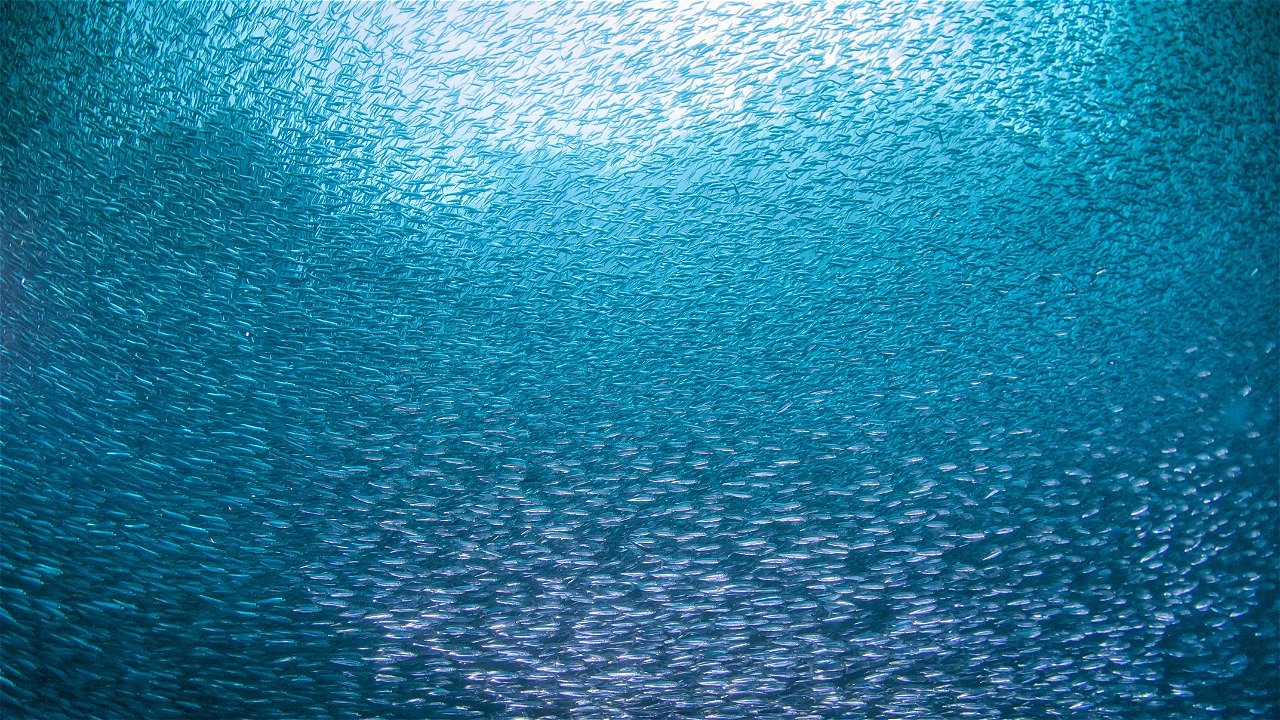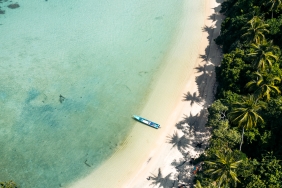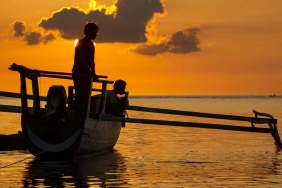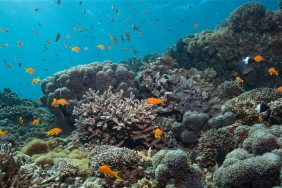SOLUTIONS TO IMPROVE FISHERIES STOCKS IN INDONESIA
by Achmad Mustofa
In line with the world fisheries trend where good fisheries management becomes a benchmark for consumers in choosing seafood products, several fisheries in Indonesia are currently implementing fisheries management improvement programs with assistance from WWF-Indonesia. The improvement of fisheries management is important, considering that based on the Ministerial Decree of Maritime Affairs and Fisheries 45/2011 on the estimation of fisheries potential in Indonesia, shows that Indonesia's fisheries stock is dominated by the status of full catch and overfishing. Efforts to restore national fisheries stocks should lead to the regulation of the number of catches or the number of fish caught that is made scientifically and transparently. Regulating the amount of catch by making a harvest control rule (HCR) or fisheries utilization regulation, is the most realistic solution to uphold Indonesia's food sovereignty.
The importance of HCR in fisheries management is to regulate utilization patterns or restore natural fish stocks so that a fishery is declared healthy again. Stocks can recover within a certain period of time if the following two rules are met. First, the carrying capacity of the environment does not change drastically so that it changes the ecosystem in general. For example, there was an earthquake that damaged the entire ecosystem, pollution or high sedimentation that severely damaged habitats and ecosystems. Second, fishing is carried out by taking into account the amount of effort and the amount of catch, which consists of the level of fish mortality either naturally or due to fishing activities, fish biology and ecosystem management.
Setting the number of fish caught or setting the amount of utilization effort is the output of the HCR analysis using parameters such as the number of fish caught, the amount of effort, fish biology and ecology. The maximum amount and minimum amount of utilization allowed, when combined with HCR can provide maximum results in the management of fish resources to ensure the sustainability of its resources.
WWF-Indonesia conducted a fisheries utilization regulation training at Sunda Banda Seascape office, Denpasar, Bali, on September 11, 2014, by inviting Imam Syuhada from Rhode Island University. In this one-day workshop, theory and practice were given to be able to make fisheries management arrangements, as well as how to regulate utilization for resources that have experienced overfishing and have limited data. Following the workshop, WWF-Indonesia plans to implement this method in East Flores and Banggai.





